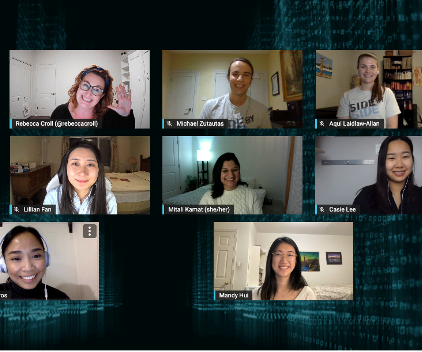Emplois de l’avenir dans l’économie de la création
Texte sur l’écran : [Jobs of the Future: The Creative Economy]
Jonathan Breckton, directeur de l’Alliance for Useful Evidence, NESTA UK :
Research we’ve done has found that 87% of jobs that have a real creative element to them – now they could be in a traditional utility or could be a kind of finance firm, they don’t have to be in a trendy creative industry – but those creative jobs are much more protected from robotics, automation, artificial intelligence; 87% of them will be protected in the future.
So if you’re thinking about the future, the future economy, future growth, think about creative economy, creative jobs and that might mean being much better about arts, design, even traditional humanities around things like publishing. These are really vital parts of the economy. If you have a breadth of knowledge and you have done things that might seem quite obscure, maybe it’s in the humanities, maybe it’s part of data science and the social sciences, but you are open to different approaches and you’re good at collaborating with colleagues.
The jobs of the future will be around that. So you got to be, you know, good at working together, transferable skills so you’re not just about a very narrow technical thing, but really have that intellectual breadth.
Texte sur l’écran : [logo bilingue d’Universités Canada. The Voice of Canada’s Universities. univcan.ca]
Jonathan Breckton, directeur de l’Alliance for Useful Evidence à NESTA UK, fait part de ses réflexions sur les compétences dont les étudiants auront besoin pour réussir dans l’économie de la création de demain.
Vidéo et transcription disponibles en anglais seulement.
Catégorie : Recherche et innovation




